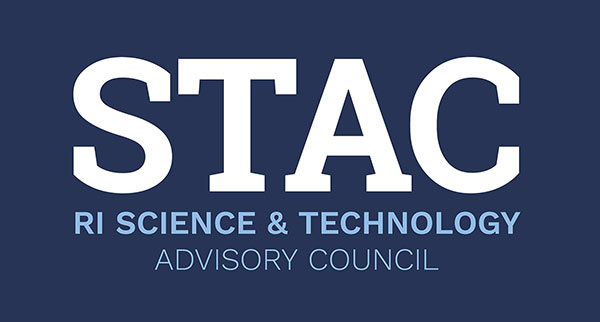The 2012 Rhode Island Innovation Index: Benchmarking the RI Knowledge Economy is a comprehensive benchmarking report to measure and track over time Rhode Island’s knowledge enterprise and innovation capacity. A joint project of the RI Science and Technology Advisory Council and the Greater Providence Chamber of Commerce, the report uses twenty-three key indicators to paint a picture of how our state fares in important categories like R&D performance and patents issued that can be used as a tool by public and private leaders to make data driven decisions on how to grow and sustain a knowledge-based, innovation economy.

“Using the data in this year’s index report will guide our decisions to ensure Rhode Island continues as a major hub of innovation,” stated Governor Lincoln D. Chafee. “I have already taken steps to increase state funding for higher education, the first such increase in an administration’s proposed higher education budget in several years, and will look for other ways to make smart investments that build on our existing assets and enhance our infrastructure for the benefit of all Rhode Islanders.”

In 2011, the inaugural report showed that while the Ocean State enjoyed many elements of an innovation economy such as strong R&D performance and an educated populace, it also faced certain areas of weaknesses that can limit economic growth such as net migration of new graduates and low levels of federal Small Business Innovation Research (SBIR)/Small Business Technology Transfer (STTR) awards. Based on the 2012 analysis, indicators such as net migration of the working age population and employment in science and technology industries and occupations still lag in the state. On the other hand, the state continues to fare well in areas such as R&D performance by academic and not for profit (including medical) institutions and income and education attainment of the population.
View Innovation Data and download the 2012 RI Innovation Index executive summary
